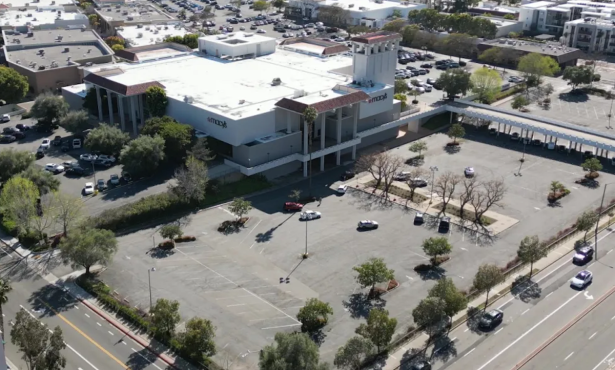Take This Ring and …
Couples Say 'I Don't' at Divorce Ceremonies
Marriages begin with the promising plink of ritual: aisle-marching, veil-lifting, rice-flinging. But they end with the unceremonious thud of reality: stacks of documents, pained court appearances, crammed moving vans.
In Japan, a nation where ritual is revered and divorce is on the rise, couples have found a way to bring the same pomp, poignance, and purpose to their breakup as they did to their nuptials: divorce ceremonies.
Since last year, entrepreneur Hiroki Terai has officiated more than 20 such ceremonies at his Tokyo “divorce mansion.” He charges $600 to help divorcing couples mark the end of their relationship and take a vow to begin their lives anew. Ex-husband- and ex-wife-to-be ride to the event in separate rickshaws and smash their wedding rings with a gavel as friends cheer. Divorcés say they feel relief—even release—when it’s over.
More typically in the States, folks have separate celebrations when their divorces are finalized: “I’m going to have one this month when the cord cuts,” says a spouse-sloughing friend of mine. “But it’s going to be with girlfriends at a bar. I thought I would burn the wedding license and auction his wedding band—you know, the one he took off when he dated other women.”
I asked several Santa Barbara wedding officiants if they had ever performed a divorce ceremony; none had. Most had never heard of such a thing. And at least one bristled at the notion.
“A divorce celebration? Boy, that’s a strange contradiction in terms,” says Scot Saunders of Montecito Weddings. “As a minister, that’s just a hard one to swallow.”
But if divorces are going to take place—and according to statistics, they are—then why shouldn’t we find a way to make them more bearable? What if such ceremonies could be respectful? What if they could bring peace?
The Unitarian Church has a divorce ritual called a “ceremony of hope” in which both husband and wife ask for forgiveness and release each other from their promises of betrothal. Kind of nice, right? Kind of mature and cool.
Beverly Plummer is an interfaith minister who wrote a divorce ceremony a few years ago. “Closure is very important, especially when children are involved,” says Plummer, who suggests inviting the kids to be a part of the proceedings. “My ceremony has phrases that say, ‘We are not together, but we love you and we will always be your parents.'”
She hasn’t yet had occasion to perform it—and wonders if she ever will. Let’s face it; divorce is draining. And organizing an un-wedding takes effort that many splitting couples simply don’t have to spare. “Once you get through what you have to get through,” conceded Plummer, “you’re out of energy around that other person.”
In fact, the contentious nature of divorce may prevent the Amicable Un-Wedding trend from ever really taking off. If you can no longer even sit across the dinner table from your one-time love, how are you two ever going to agree on a divorce ceremony guest list? And then there’s the cake …
“I’ve been contending for years that we should have an official, spiritual ceremony for divorce. It is, after all, a major milestone in any life,” says nuptial officiant Marlene Morris, of A Central Coast Wedding. “But the truth is often that feelings are still too raw, too many hurtful words have been spoken, or the individuals involved are still too angry or feel too betrayed.”
Perhaps she’s right. I asked a friend of mine, who endured a combative divorce, whether she would have considered participating in a cordial divorce ceremony in front of their friends. “Yeah, that wouldn’t have worked,” she retorted instinctively. “He didn’t have any friends.”



